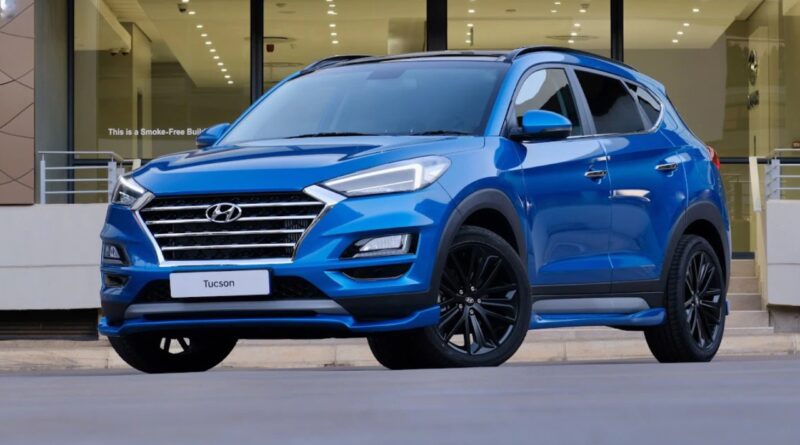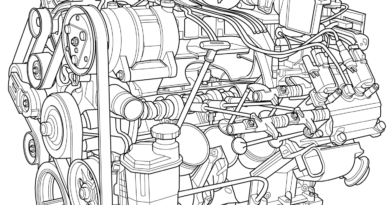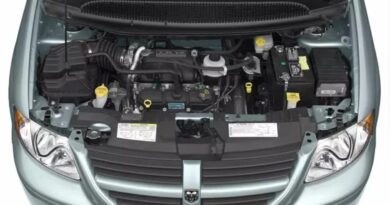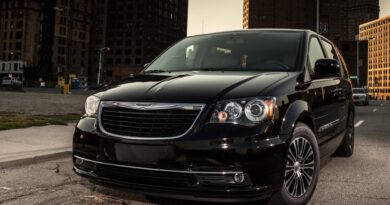Hyundai Tucson Won’t Start
If you find yourself in a situation where your Hyundai Tucson refuses to start, it can be a frustrating and inconvenient experience. This issue can manifest in various symptoms, and understanding these symptoms, their possible causes, and solutions can help you get your vehicle back on the road. Whether your Hyundai Tucson won’t start, will not activate, won’t turn on, fails to start operating, refuses to energize, doesn’t begin, won’t start functioning, or simply won’t fire up, this comprehensive guide will assist you in diagnosing and resolving the problem.
Common Symptoms of a Hyundai Tucson That Won’t Start
- No Power at All:
- When you turn the key or push the start button, the vehicle remains completely unresponsive. There are no dashboard lights, and the engine doesn’t crank.
- Engine Cranks but Won’t Start:
- You hear the engine turning over, but it never actually starts running.
- Engine Starts and Then Dies:
- The engine initially starts but then immediately shuts off, often within a few seconds.
Now, let’s explore the potential causes and solutions for each of these symptoms to help you pinpoint and resolve the issue with your Hyundai Tucson.
1. No Power at All
Possible Causes:
- Dead Battery: A dead or severely discharged battery can prevent the electrical systems from functioning.
- Faulty Ignition Switch: A malfunctioning ignition switch can cut off power to the vehicle.
- Blown Fuse: A blown fuse in the electrical system can disrupt power distribution.
Solutions:
- Jump-start the vehicle with booster cables and a working car or use a portable jump starter.
- Check and replace the battery if it is old or damaged.
- Inspect and replace any blown fuses.
- Test the ignition switch and replace it if necessary.
2. Engine Cranks but Will Not Start
Possible Causes:
- Fuel Delivery Issues: Insufficient fuel supply or a clogged fuel filter can prevent the engine from starting.
- Ignition Problems: Faulty spark plugs, ignition coils, or a malfunctioning ignition module can lead to a no-start condition.
- Faulty Crankshaft Position Sensor: A defective sensor can disrupt the engine’s ignition timing.
Solutions:
- Ensure there is an adequate fuel level and replace the fuel filter if needed.
- Inspect and replace spark plugs, ignition coils, or the ignition module as required.
- Test the crankshaft position sensor and replace it if found faulty.
3. Engine Starts and Then Dies
Possible Causes:
- Idle Air Control Valve (IAC) Issues: A dirty or malfunctioning IAC valve can cause erratic idling and stalling.
- Fuel Pump Problems: A failing fuel pump may provide enough fuel to start the engine briefly but then fail to maintain proper pressure.
- Vacuum Leaks: Leaks in the vacuum lines can disrupt the air-fuel mixture.
Solutions:
- Clean or replace the IAC valve.
- Test the fuel pump’s pressure and replace it if necessary.
- Inspect and repair any vacuum leaks in the system.
4. Hyundai Tucson Won’t Start and Makes Clicking Noise
If your Hyundai Tucson refuses to start and you hear a clicking noise when you attempt to start the engine, this is a common issue that can be indicative of several underlying problems. Here, we will explore the potential causes of this scenario and provide solutions to address the issue.
Possible Causes:
- Weak or Dead Battery: A clicking noise often indicates a low or dead battery. The clicking sound is usually the starter solenoid engaging but failing to turn the engine over.
- Corroded Battery Terminals: Corrosion on the battery terminals can create a poor electrical connection, preventing the starter from receiving enough power.
- Faulty Starter Motor: A malfunctioning starter motor can cause clicking sounds when you attempt to start the engine. It may not have enough power to engage the flywheel properly.
Solutions:
- Jump-Start the Vehicle: Use jumper cables and a functioning vehicle to jump-start your Hyundai Tucson. This will provide the necessary power to turn the engine over. Once started, consider replacing the battery if it’s old or weak.
- Clean Battery Terminals: If you notice corrosion on the battery terminals, disconnect the battery cables, clean the terminals with a wire brush, and then reconnect them securely.
- Replace the Starter Motor: If the clicking noise persists after attempting a jump-start and checking the battery, the starter motor may need replacement. Consult a mechanic for a professional assessment and replacement if necessary.
Remember that diagnosing and fixing a no-start issue can sometimes be complex, and it may require professional assistance, especially if you are not comfortable with automotive troubleshooting. If the problem persists after attempting the suggested solutions, it’s advisable to consult a qualified mechanic or Hyundai Tucson specialist to ensure a proper diagnosis and repair. By addressing the symptoms and potential causes systematically, you can increase the chances of getting your Hyundai Tucson back in working order, no matter whether it won’t start, will not activate, won’t turn on, fails to start operating, refuses to energize, doesn’t begin, won’t start functioning, or simply won’t fire up.




